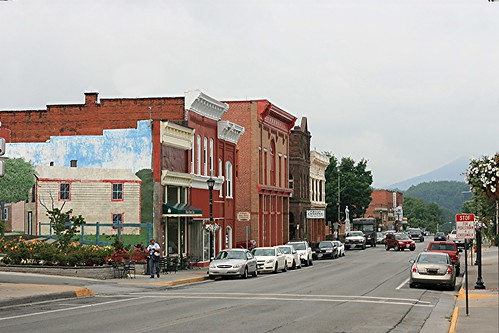
To those working on local foods in Central Appalachia, it's no secret that West Virginia is making huge strides on building up their local food economy. They've been doing so well that recently the federal co-chair of the Appalachian Regional Commission paid them a visit to see what the rest of Appalachia could learn from West Virginia's success. And the Washington Post took notice, writing a recent article on the visit. [I]n Philippi, they’re seeing how an out-of-business IGA is becoming a new kind of supermarket, one where jams, flowers, baked goods and produce are gathered from dozens of sources and sold at a single cash register. “Instead of 30 people marketing their wares, you have one person marketing the wares for everyone,” said Savanna Lyons, program director for the West Virginia Food & Farm Coalition. The concept is called aggregating, and it’s catching on. “Being small and isolated can be both an advantage and a disadvantage,” said Lyons, who’s trying to help federal officials understand the opportunities and the obstacles to using food as an economic development tool. "When it’s harder to get your products out there, you have to organize more. You have to get creative. You have to really talk to each other,” Lyons said. …What’s happening in West Virginia, he [Earl Gohl, federal co-chair of the ARC] said, is impressive in both scope and enthusiasm. Though it has just 1.8 million people, the state has emerged as a leader in the local-foods movement. Since 2005, the...





